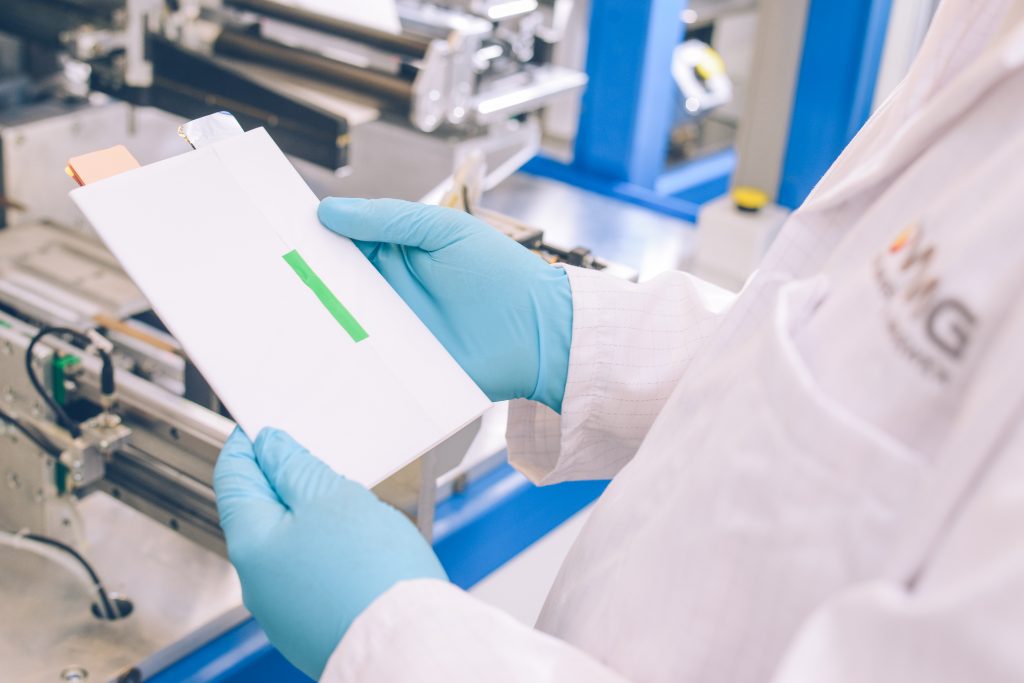A consortium of seven UK-based organisations, including Britishvolt, has signed a memorandum of understanding to combine ambitions to develop world-leading prototype solid-state battery technology for automotive applications.
Solid-state batteries (SSBs) offer significant potential advantages over existing lithium-ion battery technologies, including the ability to hold more charge for a given size and reduced costs of safety-management.
Early deployment of these batteries is likely to be in consumer electronics, niche automotive applications and unmanned aerospace, before being used in broader EV markets. The Faraday Institution forecasts that, in 2030, SSBs are likely to take a 7% share of the global consumer electronics battery market and a 4% share of the EV battery market. Global SSB revenues from sales to EV manufacturers are expected to reach $8 billion by 2030 and then grow rapidly to 2040 and 2050 when the market is expected to become extensive.
The construction of a one-of-a-kind facility by the collaboration will enable SSB technology to emerge from UK university laboratories. It will allow larger cells to be produced using scalable manufacturing techniques that will be improved iteratively through deep investigation of the causes of problems that emerge during manufacture and testing of prototype batteries.
Dr Allan Paterson, Chief Technology Officer at Britishvolt, has explained that this partnership aims at revolutionizing the market and the whole EV world.
“Solid-state is the holy grail of battery solutions,” he said. “Solid-state batteries have the potential to increase energy density significantly over battery technology available today and could dramatically, and positively, change the world of electric vehicles. Britishvolt will be at the forefront of commercializing this step change over the coming years.”
The successful outcome of the collaboration would be to harness and industrialise UK academic capability to produce cells using highly scalable manufacturing techniques that leapfrog the cost-effectiveness and performance achieved elsewhere, according to Christian Gunther, CEO, Battery Materials at Johnson Matthey.
“The realisation of a prototype solid-state battery cell will be a great achievement for the UK battery industry, and this consortium will be a critical enabler for delivering this milestone,” he said. “Delivering enhanced range and safety over traditional lithium-ion battery technologies will be a key driver for battery electric vehicle adoption, supporting the transition to a net zero future.”
The consortium comprises the Faraday Institution, Britishvolt, E+R (Emerson & Renwick), Johnson Matthey, Oxford University, UK Battery Industrialisation Centre and WMG, University of Warwick.
